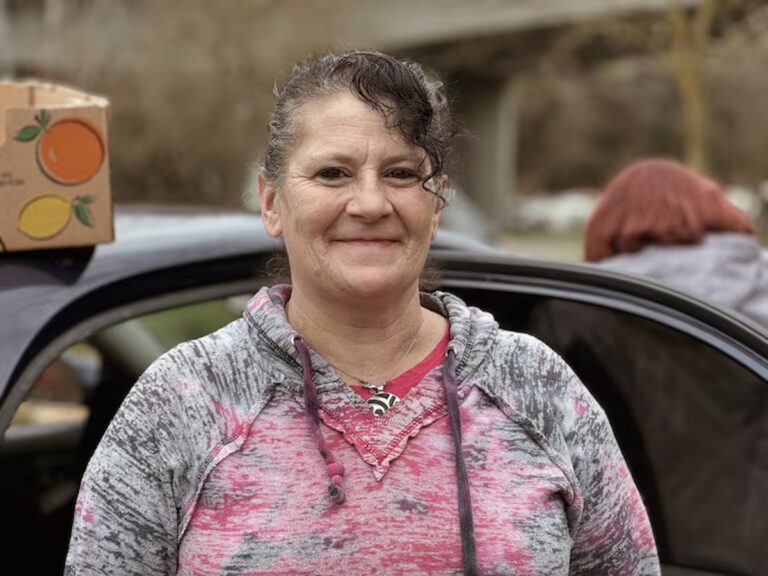On April 22, the Supreme Court will hear arguments in a case that may direct municipalities on whether they can continue arresting people for sleeping in public places. Now, as the days are numbered for the hearing, many large cities, business interests, LBGTQ advocacy groups and other human rights watchdogs are weighing in by submitting their adjacent arguments in favor and opposed to the appeal.
The publication SCOTUS Blog consistently reviews cases and provides a context for upcoming cases. The outlet has covered the topic with more than five articles, and breaks it down:
“The question is one that the U.S. Court of Appeals for the 9th Circuit, based in San Francisco, has grappled with repeatedly in recent years. In Martin v. City of Boise, the court of appeals held that punishing homeless people for public camping would violate the Eighth Amendment’s ban on cruel and unusual punishment if they did not have access to shelter elsewhere. The court of appeals reasoned that, just as the city could not punish someone for their status – being homeless – it also could not punish them for conduct “that is an unavoidable consequence of being homeless.”
The plaintiffs in the case consist of a number of unhoused people in Grants Pass who were cited, fined, and even jailed for sleeping in tents in public spaces, led by lead plaintiff Gloria Johnson. They assert that their constitutional rights were violated by receiving ‘cruel and unusual punishment.’ The City maintains that the criminal charges brought against the people without shelter were validated by city ordinances designed to maintain public safety – and that they are not responsible for violating anyone’s rights.
National media outlets have been analyzing the potential outcomes of the case, and we are sure to see more coverage as the date of the SCOTUS argument hearing approaches. As local cities like Ashland, Medford, and Portland continue to weigh camping bans and other restrictive measures with criminal consequences. The results of the ruling are likely to provide a legal framework for what cities can and cannot do.


